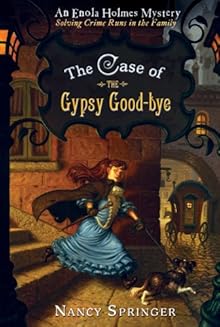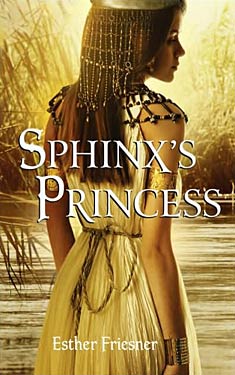 Prince George, heir to the kingdom of Kendel, was born with the gift of animal-magic - being able to speak with animals in their own language. It is a gift that he inherited from his mother. But animal-magic is feared and those with its gift are guaranteed to face a cruel fate if anyone finds out. Even the prince. So George has had to keep it secret his entire life, and when the queen's animal-magic ultimately leads to her own death, George comes to fear his gift. He grows up as a prince ought, but his fear has made him shy away from other people - and love. Betrayal is a bittersweet drink - one he never wants to experience again.
Prince George, heir to the kingdom of Kendel, was born with the gift of animal-magic - being able to speak with animals in their own language. It is a gift that he inherited from his mother. But animal-magic is feared and those with its gift are guaranteed to face a cruel fate if anyone finds out. Even the prince. So George has had to keep it secret his entire life, and when the queen's animal-magic ultimately leads to her own death, George comes to fear his gift. He grows up as a prince ought, but his fear has made him shy away from other people - and love. Betrayal is a bittersweet drink - one he never wants to experience again.But when George travels to the neighboring kingdom of Sarrey to meet his fiancee, the Princess Beatrice, he discovers that perhaps love isn't a thing to fear. And maybe he can trust someone with his secret. After all, it is clear that Beatrice has her own secrets. Anyone could guess that with her hound . . .
It took me a while to become interested in the story. The first few chapters mainly focus on George's childhood, and while I first disliked these chapters, I now realize that perhaps I would not have come to care for George as I do if the Author hadn't put them in. Besides, certain events in his childhood are very important to the story's plot. What ranks this book as being higher up on my list than I thought it would be was the fact that I was stumped for quite some time as to what the plot-twist would turn out to be. I only figured out maybe two pages away from when it is revealed.
I have nothing negative to say about the characters. Beatrice is a strong-willed young woman whose pride and coldness sometimes got on my nerves, but I could not help but like her. She had a reason for being so cold and I'm not one to chide anyone's pride, having that fault myself. I certainly thought her treatment towards George sometimes unwarranted, but that was only because I, as the Reader, knew him, whereas Beatrice, another character, hadn't a clue that George was someone she could trust.
The writing itself is very Mette Ivie Harrison. Rich and vivid, without being too movie-ish. Actually, I don't think this book would translate into a very good movie. It would certainly be an odd one. And it is my opinion that if writing doesn't translate into a good movie without making major changes, chances are the Author did a good job writing it.
The romantic aspect of the story is perhaps a little disappointing. It doesn't take George long to decide that his feelings for Beatrice extend beyond friendship. However, Beatrice is much more guarded with her feelings and rather than saying, "I love you, George," she says, "I believe that I can learn to love you." Definitely a more realistic reaction, considering they hardly know each other, but somehow disappointing nonetheless, and the Reader is left feeling very sorry for George, who so obviously does love her. Still, Beatrice is not cruel and comes to no longer view their marriage as merely an alliance between the two kingdoms. And she does make an effort to learn to love him, and it is left to the Reader to assume that she comes to love him deeply. Her unwillingness to simply fall in love with someone she hardly knows certainly shows intelligence on her part. ;)
I don't think The Princess and the Hound needs a sequel, but I'll read it anyway. From what I have heard of The Princess and Bear, it isn't exactly a sequel. The series may someday find its way into my collection.
Others in This Trilogy:
1)The Princess and the Hound
2)The Princess and the Bear
3)The Princess and the Snowbird
1)The Princess and the Hound
2)The Princess and the Bear
3)The Princess and the Snowbird






